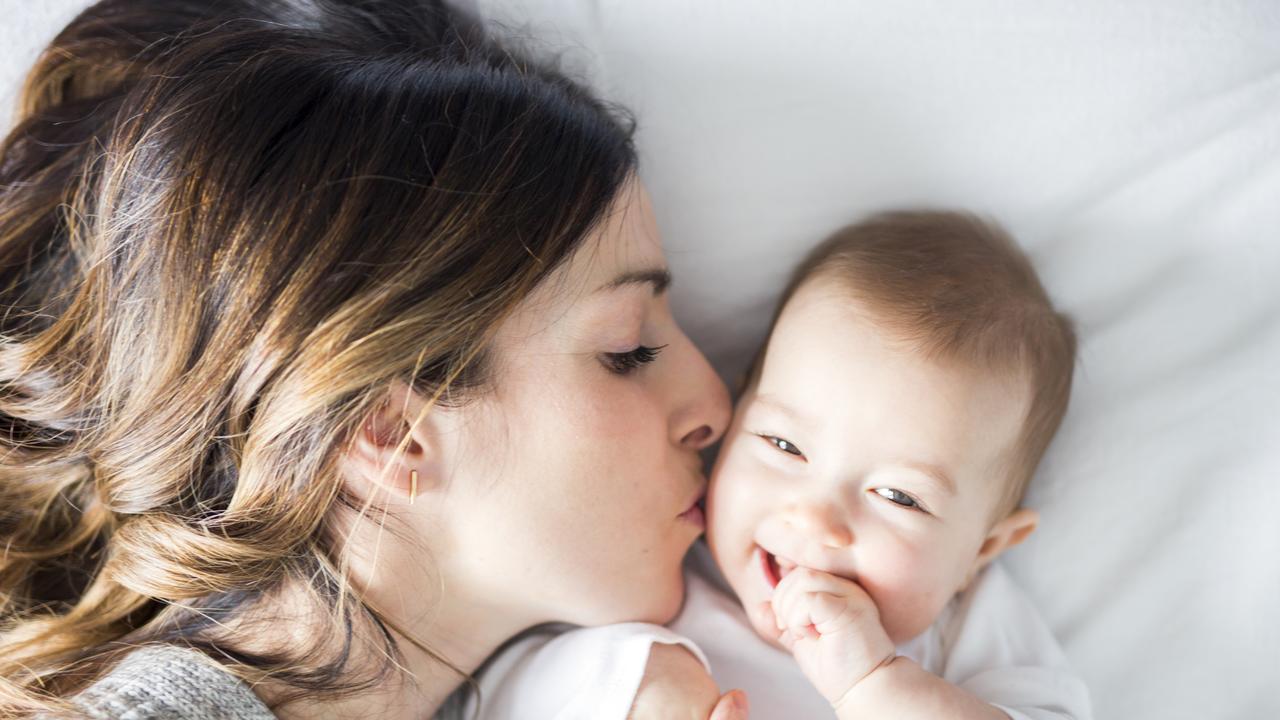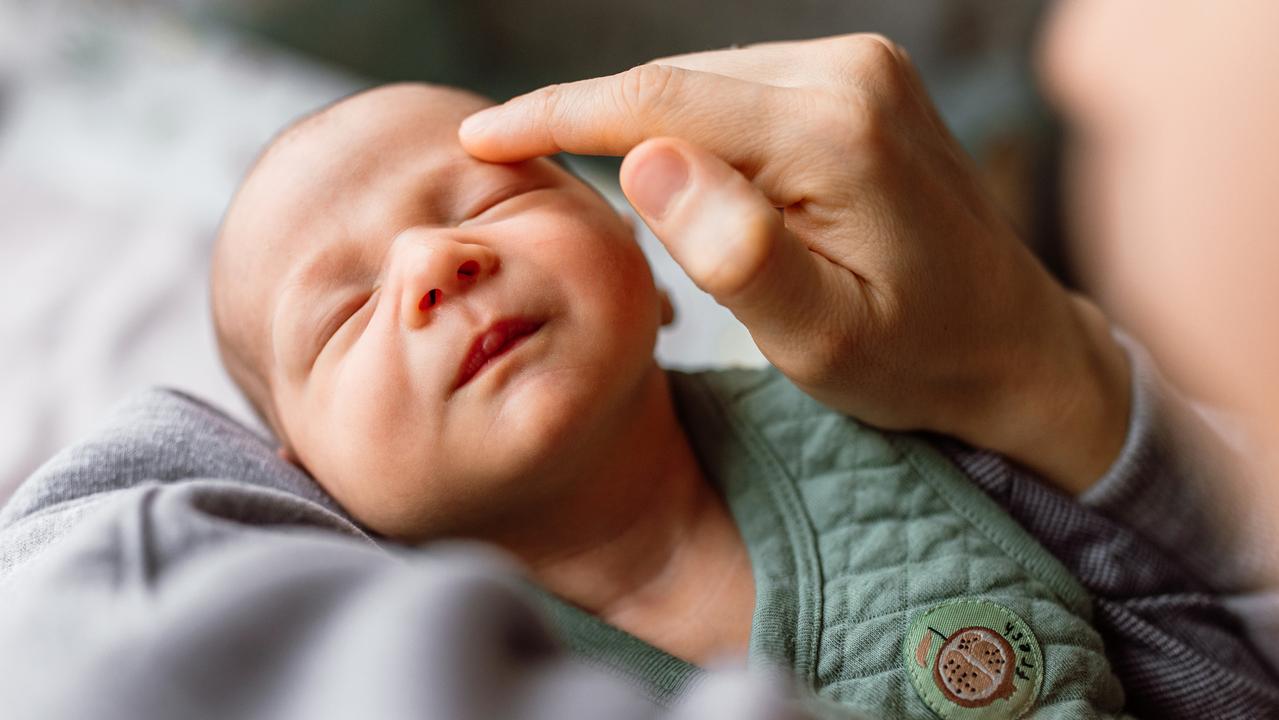Alcoholic beverages should have ‘cancer risk’ warning, America’s top doctor says
The US is considering a huge move as new research adds to the expansive body of evidence that links alcohol to several types of cancer.
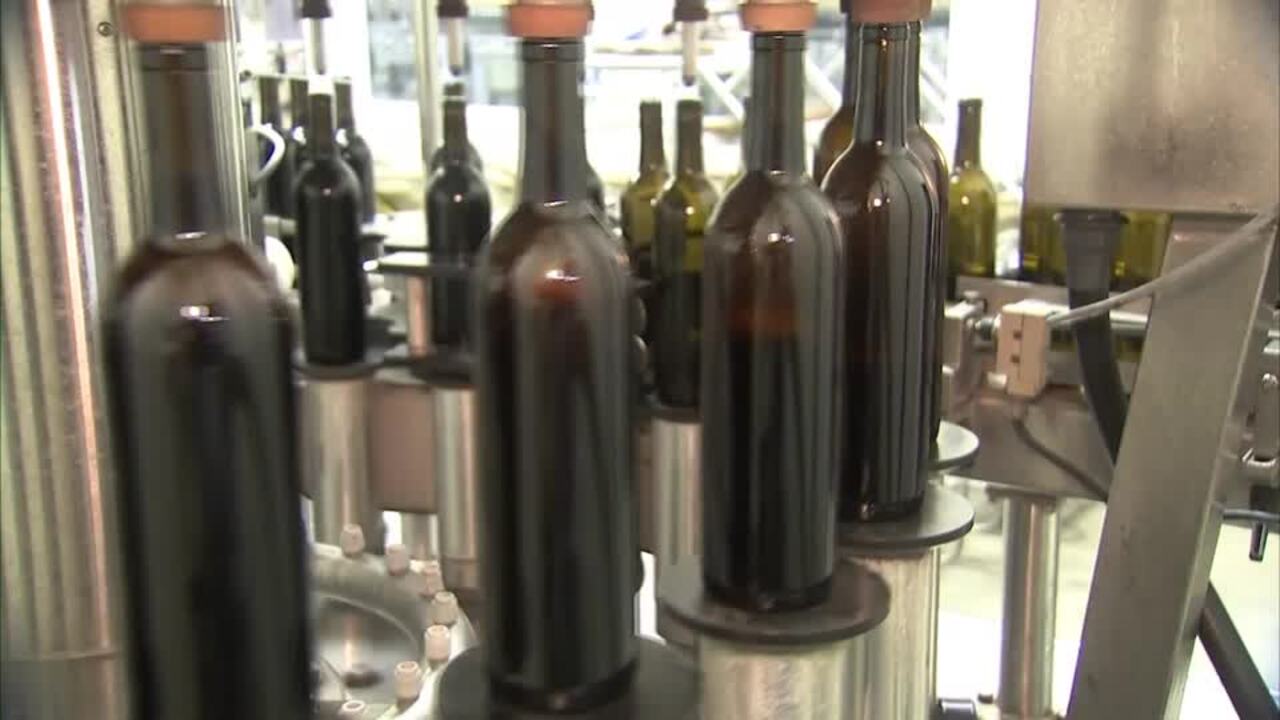
Lifestyle
Don't miss out on the headlines from Lifestyle. Followed categories will be added to My News.
Booze in the US could soon be labelled with cancer risk warnings — amid growing concern over its effects on health.
America’s top doctor released a series of recommendations that included a call to update alcoholic drink labels, as new research finds the beverages linked to risks of at least seven types of cancer.
US surgeon general Vivek Murthy’s latest advisory outlined alcohol consumption as the third leading preventable cause of cancer, after tobacco and obesity.
“Alcohol is a well-established, preventable cause of cancer responsible for about 100,000 cases of cancer and 20,000 cancer deaths annually in the United States – greater than the 13,500 alcohol-associated traffic crash fatalities per year in the U.S. – yet the majority of Americans are unaware of this risk,” Dr Murthy said in a statement.
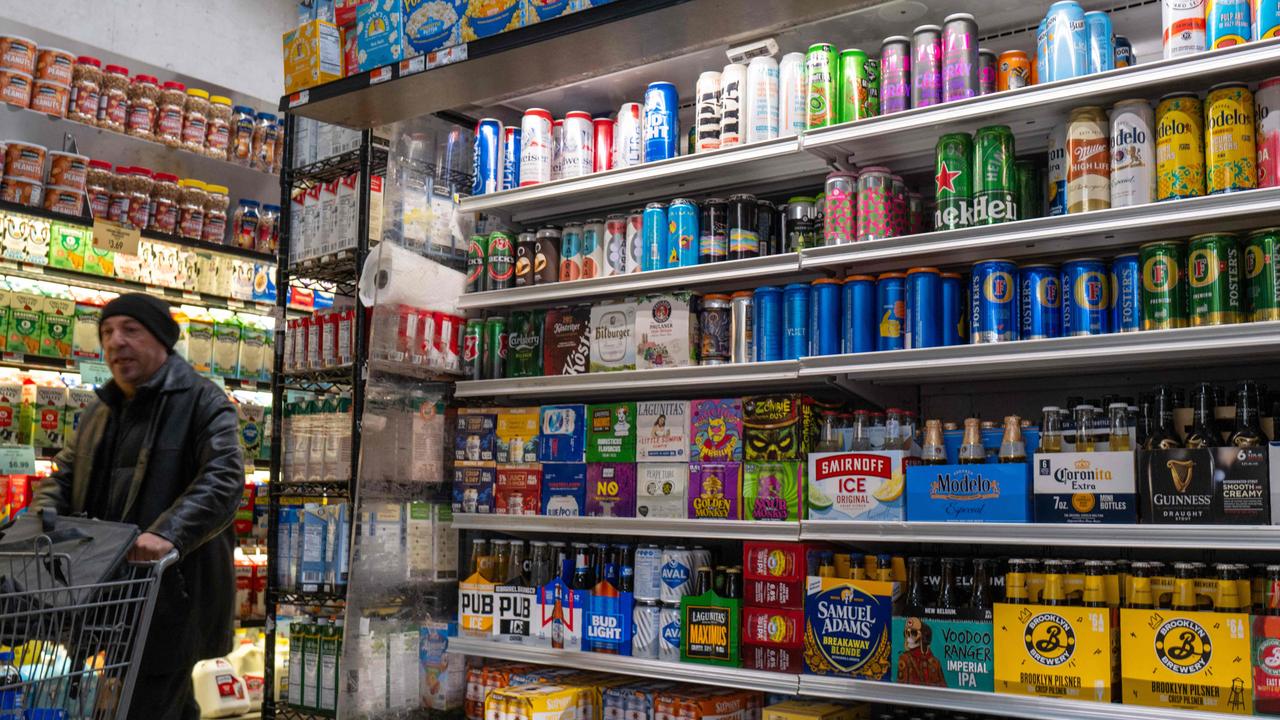
Current labels in the US are mandated to have warnings related to pregnancy and the ability to drive cars or operate machinery.
This label statement has remained unchanged since 1988.
The addition of a cancer risk warning would require the new label statement to be approved by Congress.
Several countries have updated their health-warning labels to include cancer risk, including South Korea which requires a cancer-specific warning, and Ireland, which has signed into law a new requirement to display a cancer warning label on alcoholic beverages starting in 2026.
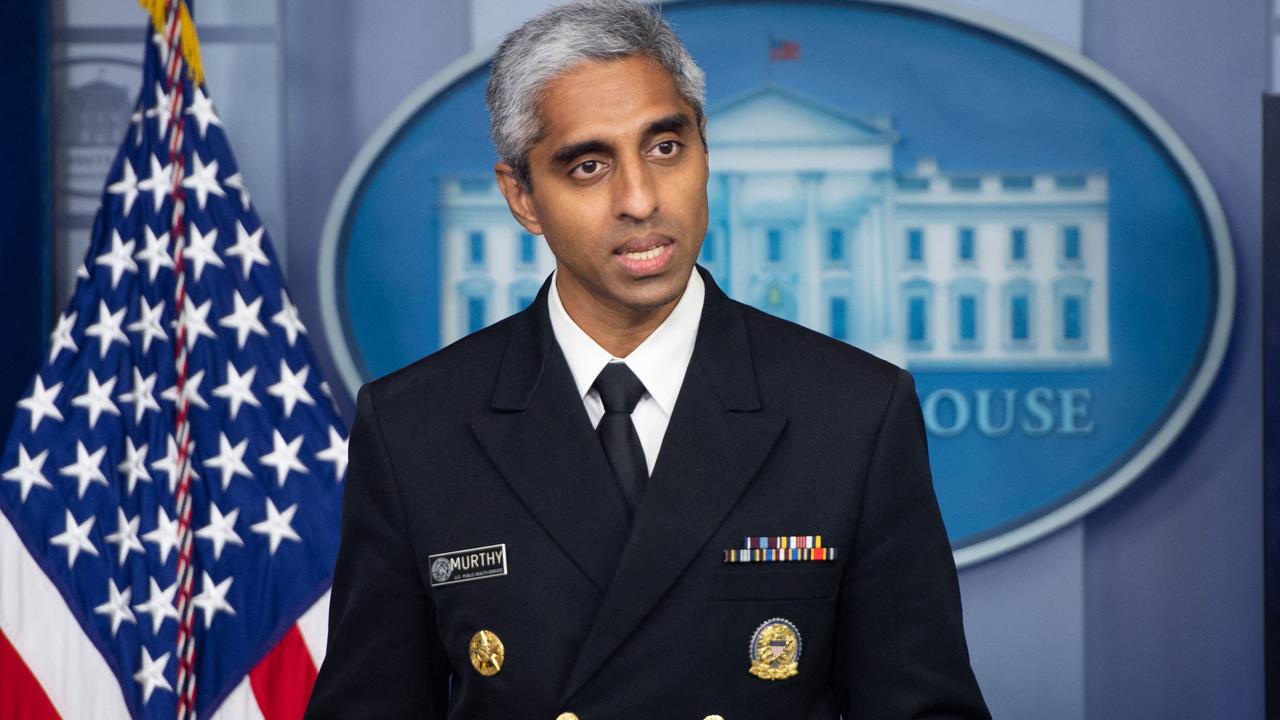
The seven types of cancer identified in Dr Murthy’s advisory are mouth (oral cavity), throat (pharynx), voice box (larynx), oesophagus, breast (in women), liver and colon/rectum cancer.
The Risk of cancer increases as the level of consumption increases with higher risk at higher levels of consumption.
For certain cancers, like breast, mouth, and throat cancers, the risk may start to increase around one or fewer drinks per day, the report reads.
Aside from chasing changes to labels, the advisory recommended a reassessment of alcohol consumption limits and strengthening education efforts in public and clinical settings.
Alcohol labels in Australia
Alcohol has been classified as a Group 1 carcinogen for over a decade in Australia.
It is a category that is used when there is sufficient evidence of a substance causing carcinogenicity in humans, according to Cancer Australia.
Tobacco smoking is classified in the same category.
In February 2024, data released by the Australian Institute of Health and Welfare found that 31 per cent of Australians were drinking at risky levels in 2022-23, with around one in four reporting they drank at levels above the national guidelines of 10 standard drinks per week.
“Alcohol causing cancer is one of those things that slides out of people’s consciousness very readily, given how present it is in our social culture,” associate professor at the University of Adelaide Emma Miller told news.com.au.
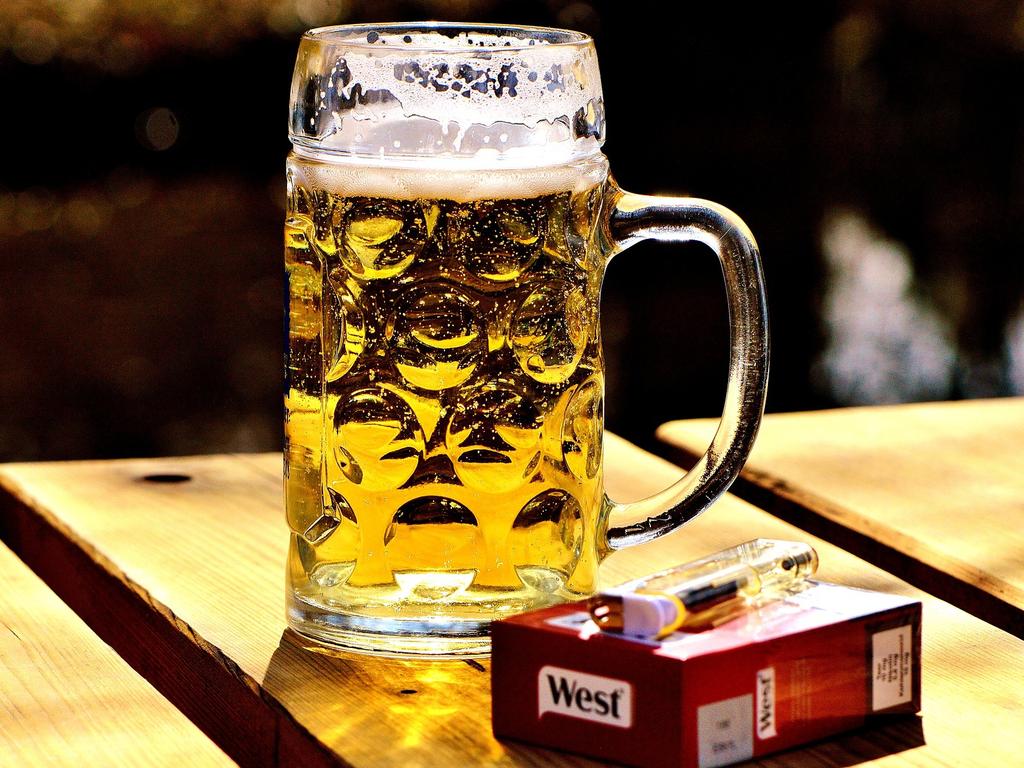
“The change of the risk profile to Class 1 was very significant because it spells out that cancer can be generated through consumption, even if it’s only a small amount of alcohol.
“But that is a message that people just don’t want to hear,” Dr Miller said.
Dr Miller cited the example of pregnancy warning labels on alcoholic beverages as an example of labels already being used in Australia.
Pregnancy labels were codified in 2020 as part of a campaign to raise awareness of foetal alcohol spectrum disorder and minimise alcohol-related harm.
“When Australian government actually got behind pregnancy labels on alcoholic beverages and mandated labels, including addressing the size of them and where they should be, that’s when the issue came into the public consciousness,” Dr Miller said.
“Awareness and prioritisation of the issue has to come from the top first, and then it turns into something that people can’t ignore.”
Originally published as Alcoholic beverages should have ‘cancer risk’ warning, America’s top doctor says



